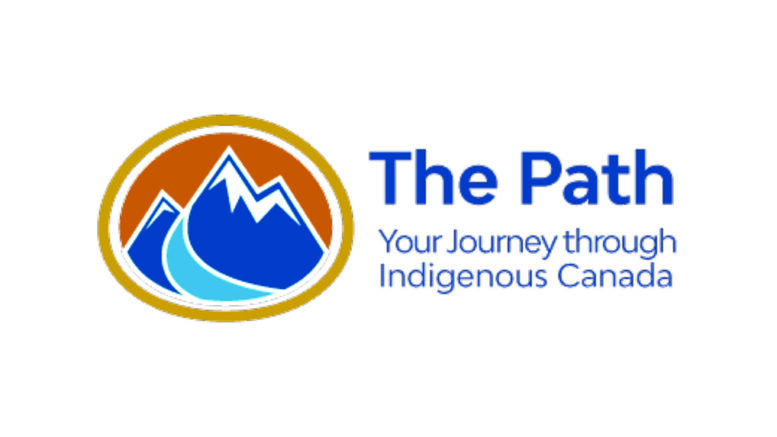By Jeremy Appel
(ANNews) – A group of 400 active Alberta lawyers has written a letter to the provincial law society in support of its Indigenous cultural competency requirement in the face of a much smaller group of lawyers’ efforts to revoke the rule allowing the society to mandate specific types of professional training.
A virtual special meeting is scheduled for Feb. 6, where Law Society of Alberta (LSA) members will vote on a motion to revoke Rule 67.4, which permits the LSA board to impose “specific continuing professional development requirements to be completed by members, in a form and manner, as well as time frame, acceptable to the benchers.”
The only time this rule has been used since its 2020 implementation has been to require lawyers to take an Indigenous cultural competency course, The Path: Your Journey Through Indigenous Canada, within 18 months or face suspension.
The 400 active lawyers who signed the letter in support of mandating The Path, a free course which takes five hours to complete, were joined by 124 non-active LSA members, legal academics, articling and law students, and legal organizations.
Their Feb. 2 letter to the LSA’s benchers, or board, called mandatory Indigenous history and cultural competency lessons “an important step towards reconciliation and represented the culmination of years of hard work by Law Society staff and relevant experts, including Indigenous lawyers.”
This requirement is in line with TRC Call to Action 27, which calls on the Federation of Law Societies of Canada “to ensure that lawyers receive appropriate cultural competency training, which includes the history and legacy of residential schools, the United Nations Declaration on the Rights of Indigenous Peoples, Treaties and Aboriginal rights, Indigenous law, and Aboriginal–Crown relations. This will require skills-based training in intercultural competency, conflict resolution, human rights, and anti-racism.”
The TRC report outlined the difficulties of Indigenous people in the court system, such as the refusal of Crown prosecutors to prosecute charges regarding the physical and sexual abuse of students unless there was physical evidence. This failure on the part of the Crown was exacerbated “by the fact that many lawyers did not have adequate cultural, historical, or psychological knowledge to deal with the painful memories that the Survivors were forced to reveal,” leading to Indigenous clients having inadequate legal support.
The role of Canada’s legal system in perpetuating injustices against Indigenous Peoples “warranted a requirement that those who practice law in Canada be educated on this history,” the letter notes.
The course’s supporters added that it is impossible to fail The Path, since it offers lawyers unlimited attempts to give correct answers to its questions.
A press release accompanying the letter of support notes that while the opponents’ petition, which has 50 signatories, doesn’t specifically mention The Path, a followup letter from Roger Song, who initiated it, quotes at length from another signatory, Leighton Grey, who applauded the “dedicated men and women” who worked at residential schools.
In addition to praising those who worked at residential schools, Grey, who is Indigenous, resigned from his appointment to a provincial judicial vetting committee in 2020 after he was revealed to have made a series of racist, antisemitic social media posts.
Another signatory is Glenn Hackett, who works for the right-wing Justice Centre for Constitutional Freedoms. Hackett took to the Dorchester Review, a residential school denialist publication, to call The Path a form of “political indoctrination” and “ideological re-education,” which he described as a “threat” and a “cancer.”
The letter of support for the course notes that while The Path is the only mandatory professional development requirement for all LSA members, in order to become a principal, referring to a lawyer who supervises law students, members must take a three-hour $125 course.
“To our knowledge, the petitioners have not expressed opposition to the course for principals,” the letter reads.
Jeremy Appel is a Local Journalism Initiative Reporter.



Be the first to comment on "400 active lawyers respond to anti-Indigenous cultural training petition"